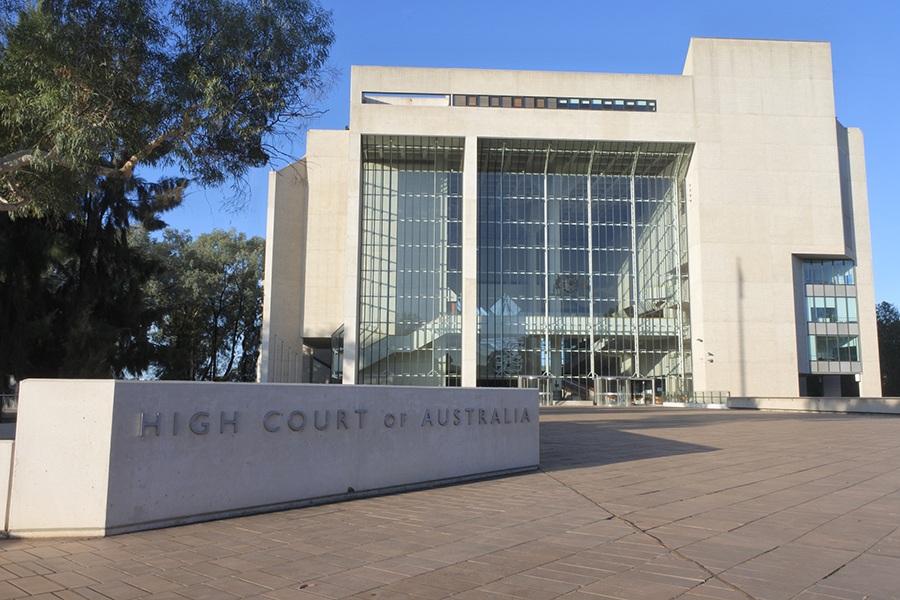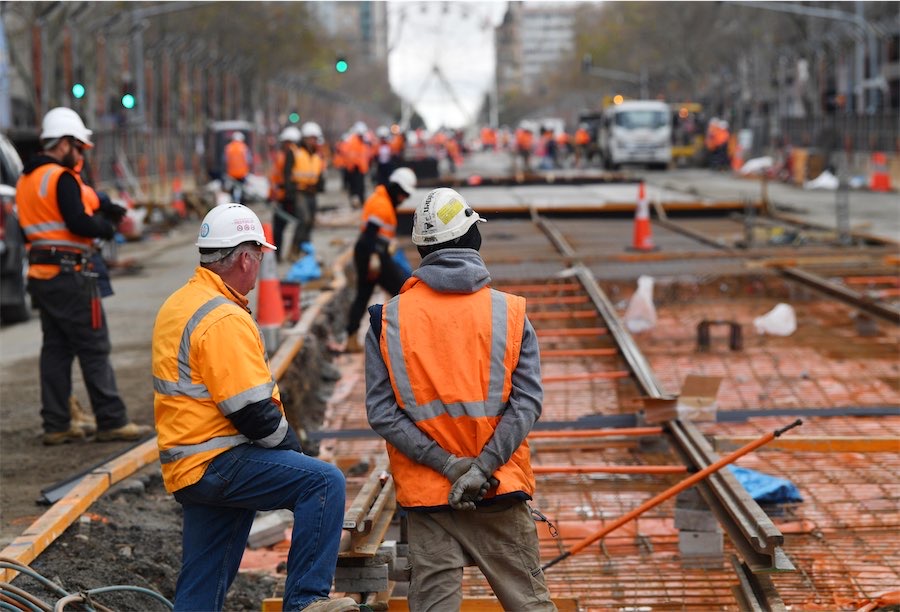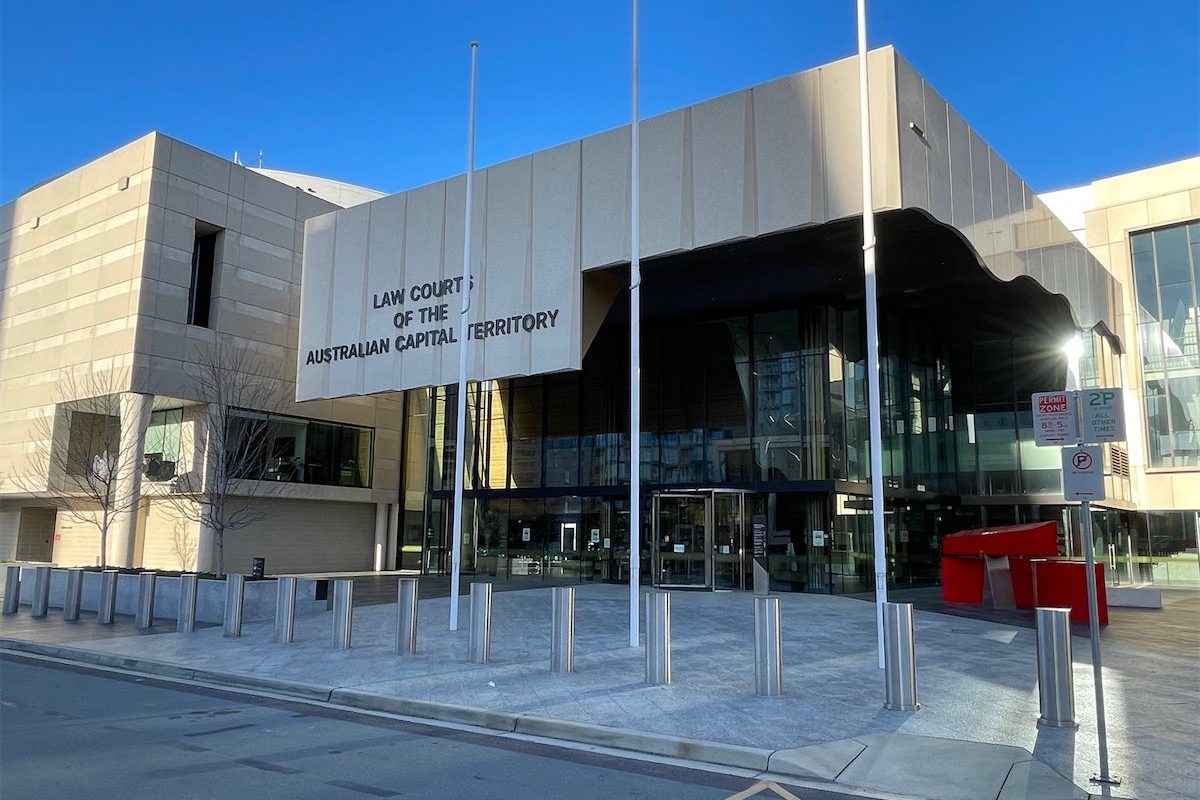
By Cassandra Morgan in Melbourne
THE Australian government’s indefinite detention of refugees was unlawful because it gave politicians powers reserved for the courts.
The High Court on Tuesday revealed its reasoning behind a landmark November 8 ruling, which has so far prompted the release of more than 140 detainees from immigration detention.
A majority of judges found the indefinite detention of a Rohingya man from Myanmar, known as NZYQ, was “beyond the legislative power of the Commonwealth Parliament”.
No country would settle the man, who has since been released from detention, because he raped a 10-year-old.
The High Court, in its decision, overruled a 20-year precedent set by the 2004 case of Ahmed Al-Kateb, a stateless Palestinian man without a criminal record.
The Al-Kateb case found the Migration Act permitted indefinite detention and said that detention wasn’t in breach of the constitution’s separation of powers – a finding the High Court disproved in its reasons.
The Rohingya man known as NZYQ argued the Migration Act was in breach of the constitution, given the constitution gives courts “the exclusively judicial function of adjudging and punishing criminal guilt”.
“The Court reopened and overruled the constitutional holding in Al-Kateb,” judges said in a summary of the case published on Tuesday.
“The Court held that (sections of the Migration Act), as applied to the plaintiff, contravened Ch III of the Constitution because the plaintiff’s detention was not reasonably capable of being seen as necessary for a legitimate and non-punitive purpose in circumstances where there was no real prospect of the removal of the plaintiff from Australia becoming practicable in the reasonably foreseeable future.”
The court’s decision prompted the federal government to allocate $255 million toward enforcing strict visa conditions.
Of the money, $88 million will go towards the Australian Federal Police for regional response teams and personnel to investigate breaches of such conditions.
The cohort of released detainees has included some convicted criminals.
Although they have already served prison sentences, growing outrage and concerns about a perceived danger to the community prompted the government to rush through emergency laws imposing strict visa conditions.
Of the people released from immigration detention, 132 are being electronically monitored, four are being investigated by the AFP over non-compliance and two cases are being worked through as they involve health issues.
Who can be trusted?
In a world of spin and confusion, there’s never been a more important time to support independent journalism in Canberra.
If you trust our work online and want to enforce the power of independent voices, I invite you to make a small contribution.
Every dollar of support is invested back into our journalism to help keep citynews.com.au strong and free.
Thank you,
Ian Meikle, editor





Leave a Reply